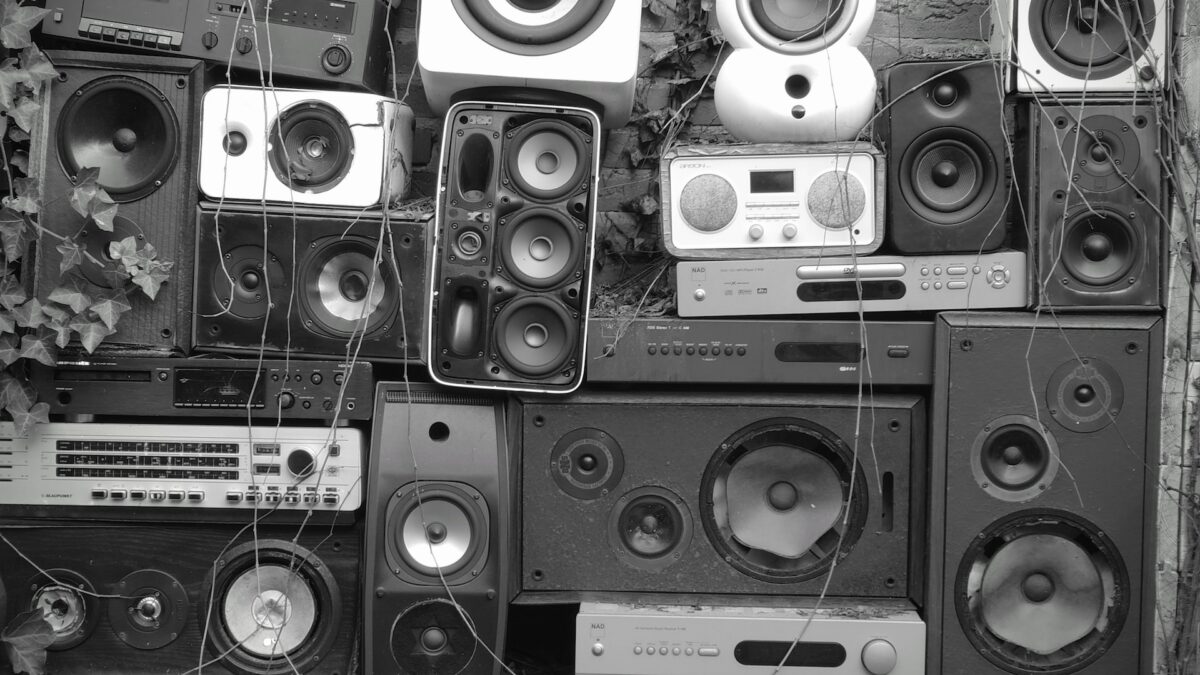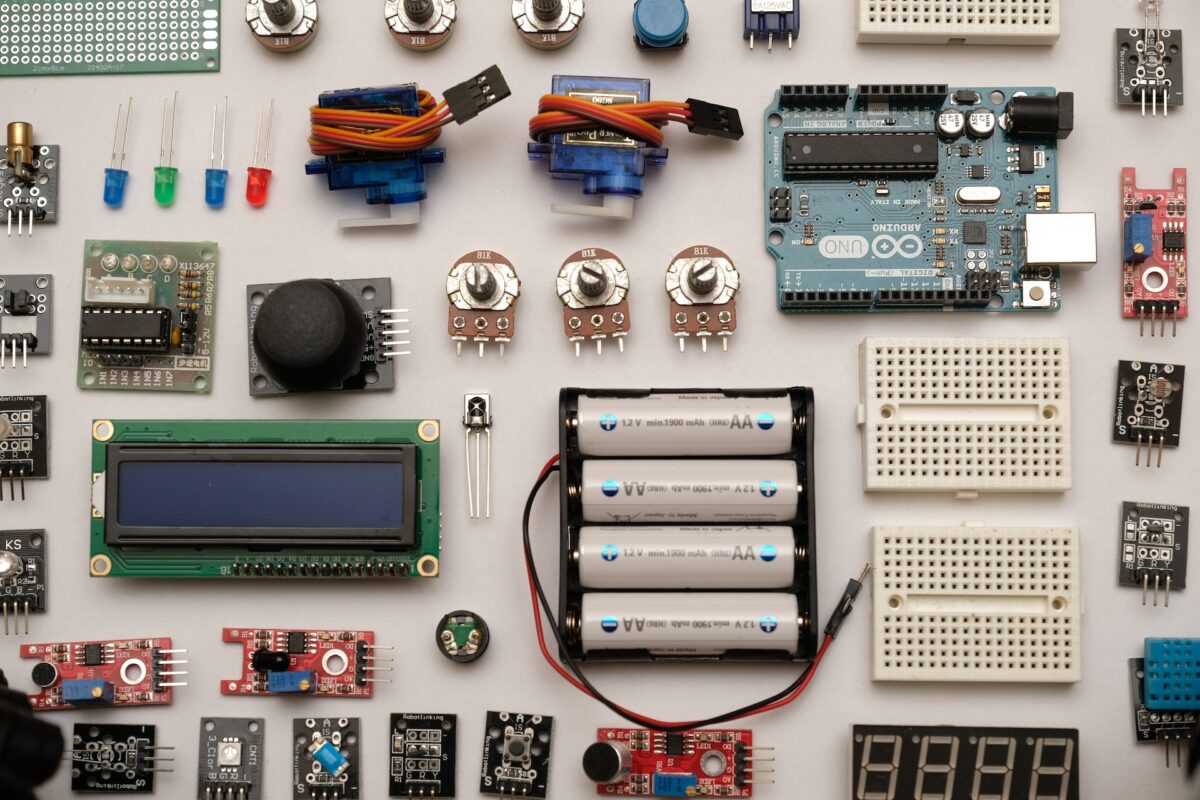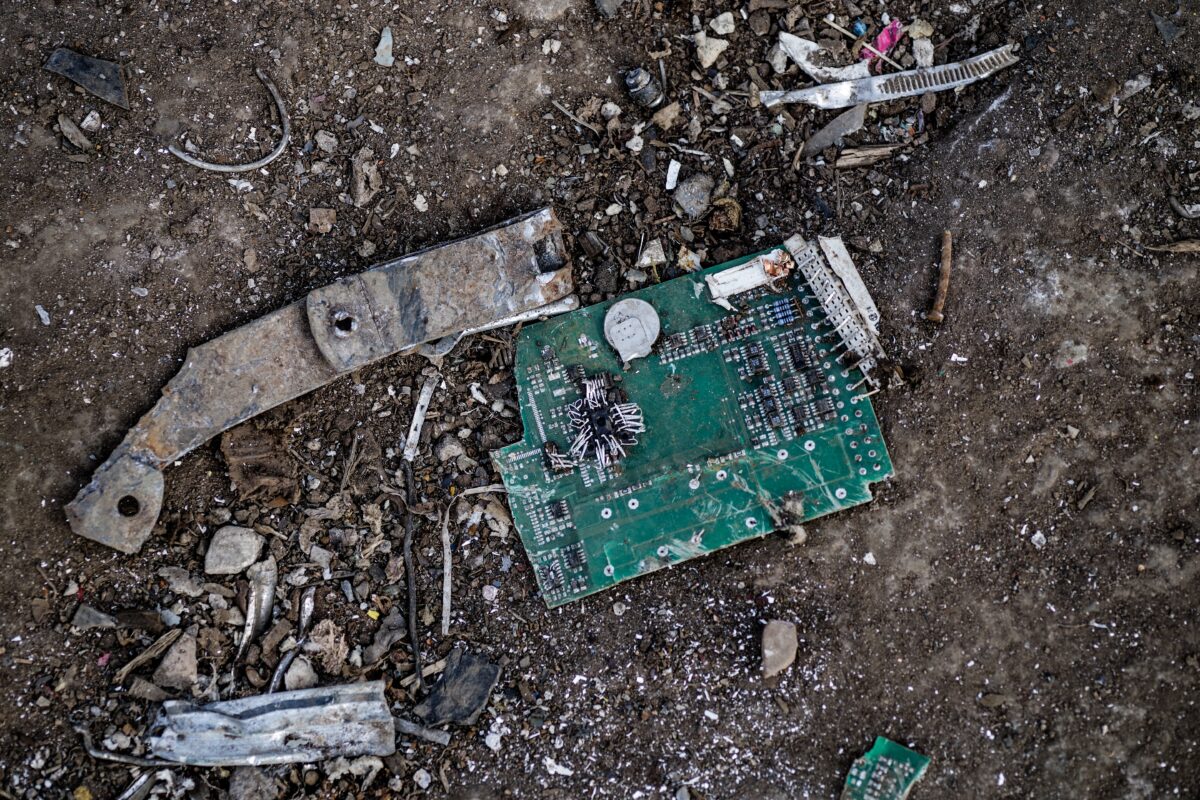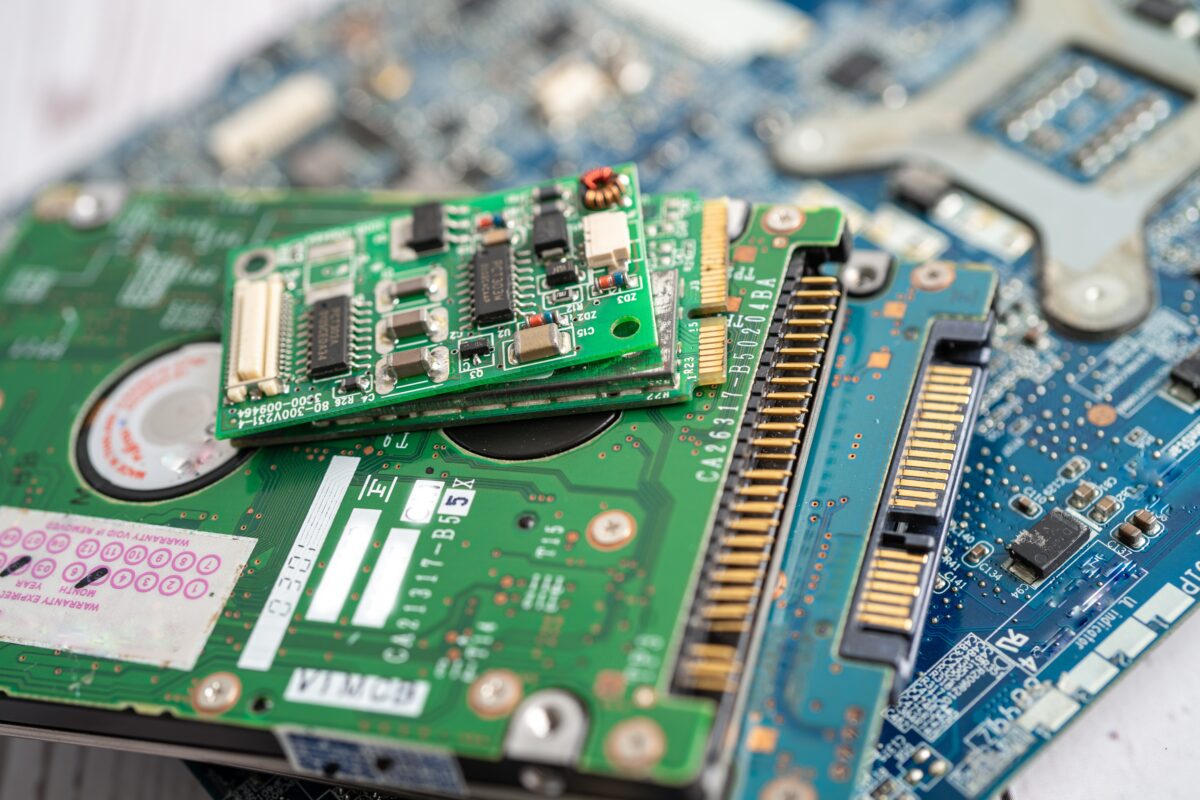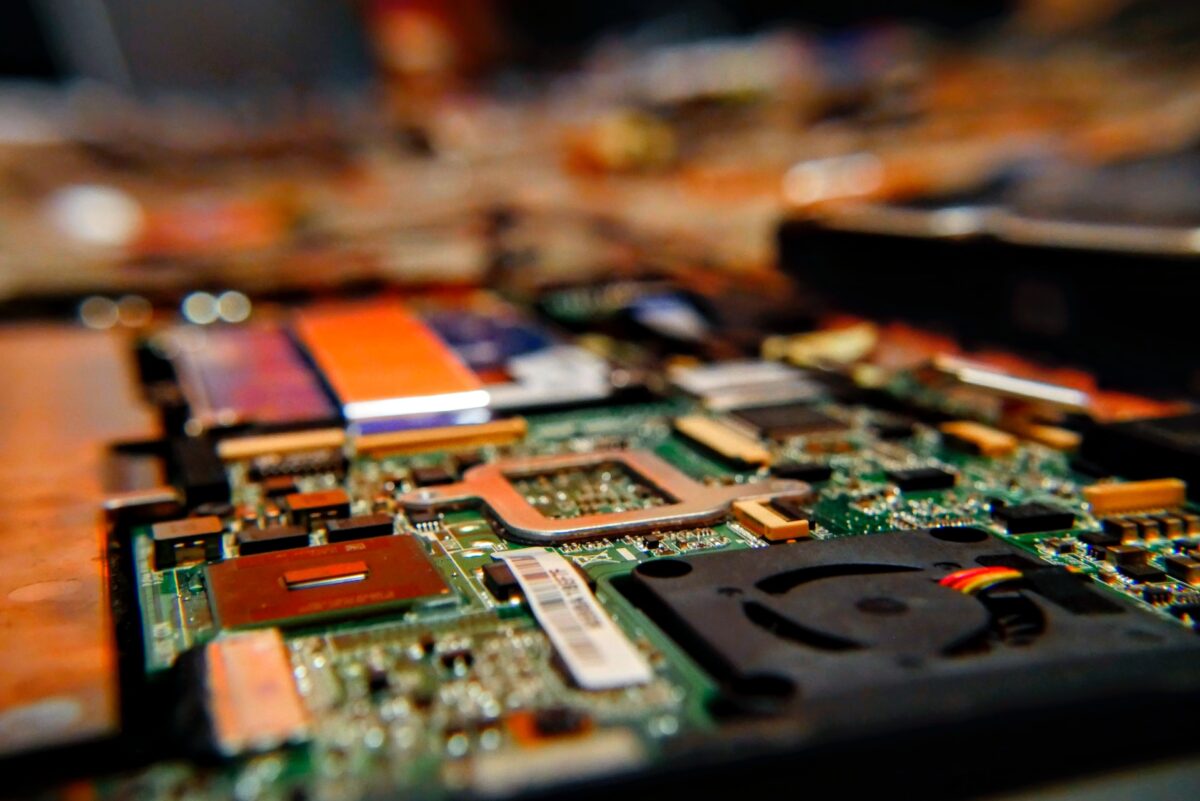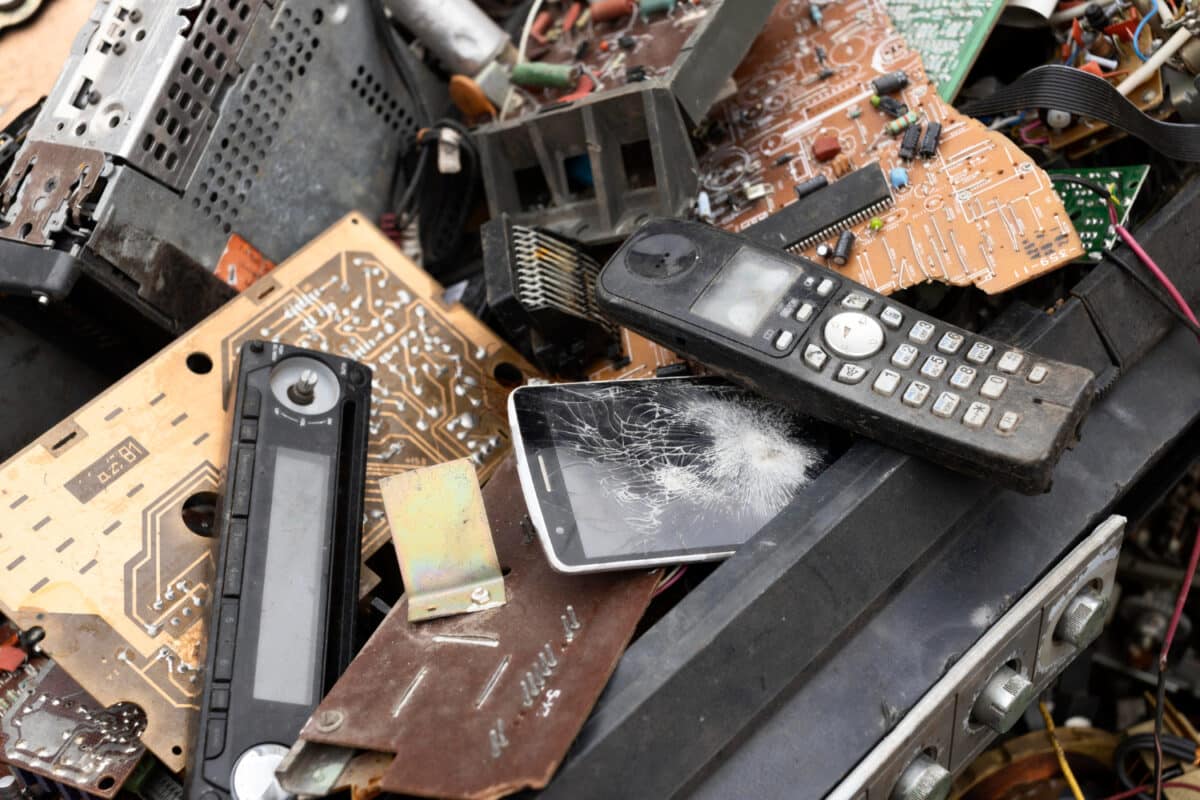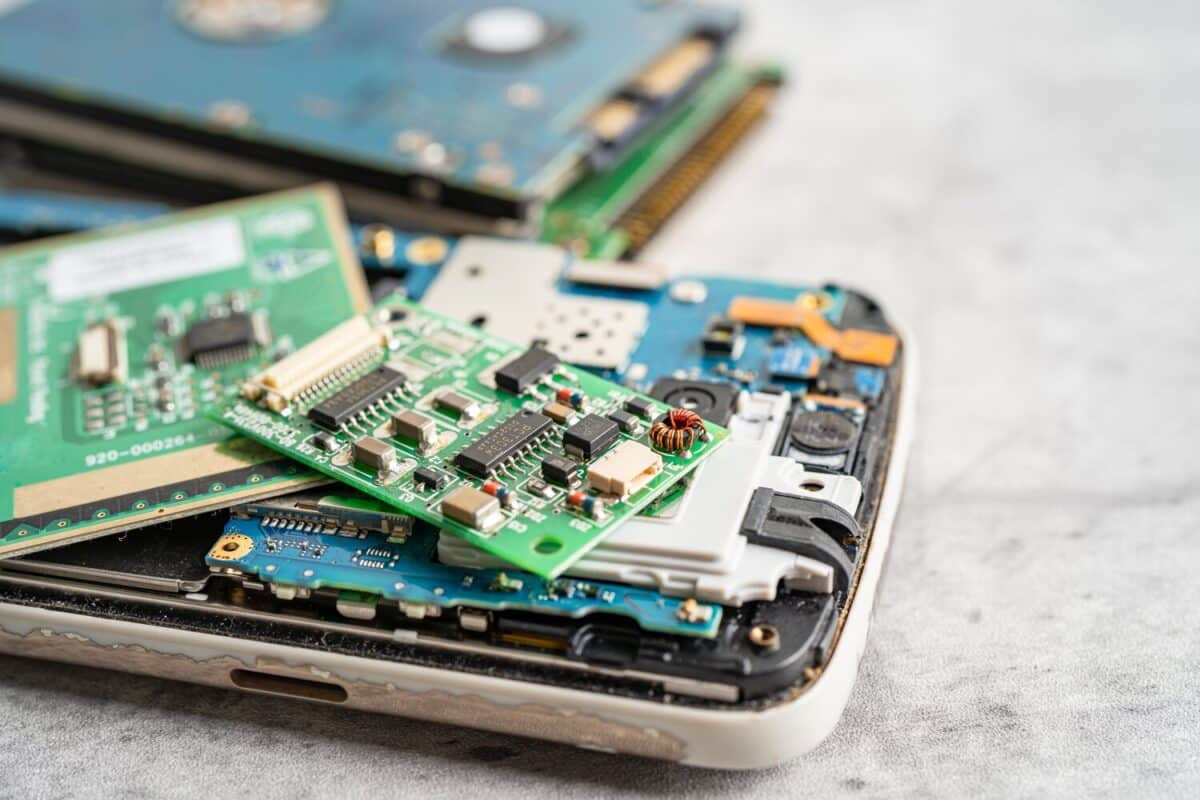Unlock the Full Potential of Electronics Recycling in Atlanta
With the rapid advancement of technology, electronic waste (e-waste) has become a significant global concern. In Atlanta, both businesses and residents can participate in responsible electronics recycling to minimize their ecological footprint, protect sensitive data, and manage costs. Green Atlanta Recycling is a leading provider of comprehensive and sustainable electronics recycling solutions in the region. In this blog post, we’ll explore how you can unlock the full potential of electronics recycling with Green Atlanta Recycling’s services.
The Benefits of Electronics Recycling in Atlanta
Electronics recycling offers several advantages, including:
Environmental Conservation: E-waste contains hazardous materials that, when not disposed of correctly, can contaminate soil, water, and air. Electronics recycling helps mitigate this pollution and conserve natural resources.
Data Security: Recycling electronic devices with Green Atlanta Recycling ensures secure data destruction, protecting your sensitive information from potential breaches.
Cost Savings: Proper electronics recycling can save businesses and residents money by minimizing the cost of waste disposal.
Regulatory Compliance: Green Atlanta Recycling’s certified processes adhere to local, state, and federal regulations, helping businesses remain compliant with e-waste disposal laws.
Green Atlanta Recycling Services: What to Expect
Green Atlanta Recycling offers a wide range of electronics recycling services, catering to both businesses and residential customers in Atlanta. Their offerings include:
1. Electronics Recycling: Green Atlanta Recycling recycles various electronic devices, such as computers, laptops, cell phones, printers, and more.
2. IT Equipment Disposal: Green Atlanta Recycling helps businesses with the secure and sustainable disposal of IT equipment, ensuring the protection of sensitive data and compliance with regulatory requirements.
3. Apple Recycle Program: Green Atlanta Recycling assists with the responsible recycling of Apple devices, following the brand’s strict environmental and data security standards.
4. Medical Equipment Disposal: Green Atlanta Recycling provides specialized services for disposing of medical equipment, ensuring compliance with industry regulations and prioritizing environmental sustainability.
Integrating Electronics Recycling into Your Business or Household
To maximize the benefits of electronics recycling in Atlanta, follow these steps:
1. Identify Recyclable Electronics: Evaluate your workspace or household to determine which electronics require recycling or disposal.
2. Choose a Certified Electronics Recycler: Seek a certified recycling provider like Green Atlanta Recycling, ensuring secure processes and adherence to industry best practices.
3. Develop a Recycling Plan: Establish a detailed plan for managing electronic waste in your business or household, including collection, transportation, and recycling of electronics.
4. Promote a Culture of Recycling: Encourage employees or family members to prioritize environmental conservation by promoting electronics recycling and facilitating easy access to recycling services.
5. Monitor Results: Regularly evaluate the success of your recycling initiatives, identifying areas for improvement and celebrating the positive impact on the environment and data security.
Why Choose Green Atlanta Recycling for Your Electronics Recycling Needs
Green Atlanta Recycling stands out as a trusted electronics recycling provider in Atlanta, offering several advantages to businesses and residents:
Certified Processes: Green Atlanta Recycling adheres to carious industry standards, demonstrating their commitment to sustainable and secure electronics recycling.
Data Security: Green Atlanta Recycling prioritizes secure data destruction, protecting sensitive information stored on electronic devices.
Flexible Collection Options: Green Atlanta Recycling offers convenient collection services, ensuring the safe transportation of your electronics to their recycling center.
Expertise in IT and Medical Equipment: Green Atlanta Recycling’s expertise in recycling specialized equipment, such as IT assets and medical devices, makes them a valuable partner for various industries.
Conclusion: Embrace Green Atlanta Recycling for Sustainable Electronics Recycling Solutions
In conclusion, integrating electronics recycling into your business or household routines offers numerous benefits, including environmental conservation, data security, cost savings, and regulatory compliance. Green Atlanta Recycling’s comprehensive electronics recycling services help you maximize these benefits and contribute to a greener future.
Are you ready to unlock the full potential of electronics and bringing them to a recycling center in Atlanta? Contact Green Atlanta Recycling today to learn more about their services and discuss how they can support your business or household in achieving your sustainability goals.
